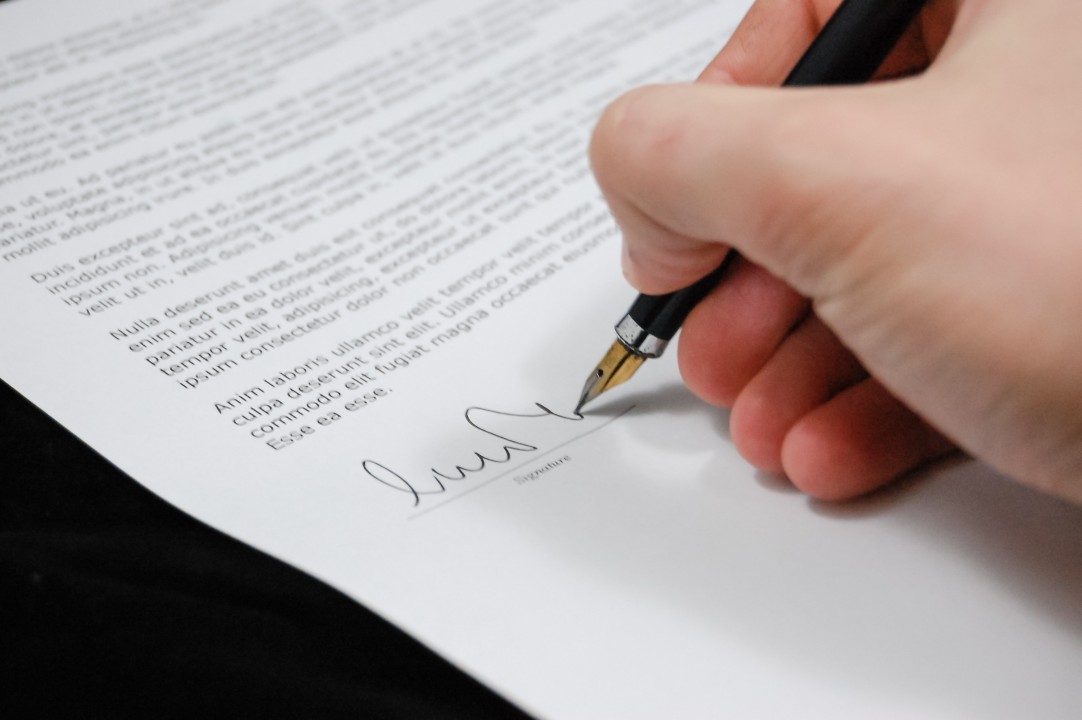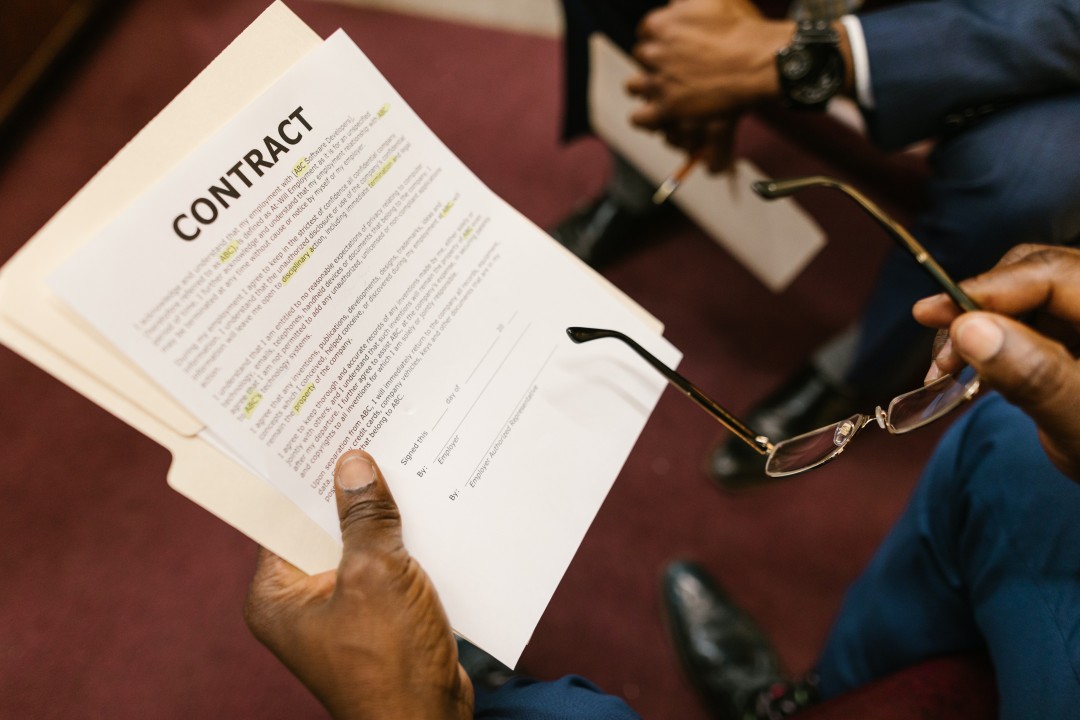Published Tuesday, August 26, 2014, 1:08 AM
Laurel Bellows
We are the most effective generation of womankind ever – if “effectiveness” is measured in terms of confronting legal issues involving women. But what we have accomplished creates a false sense that inequity will disappear, when what we have done is picked low-hanging fruit.
We must do more, not just on Women’s Equality Day, Aug. 26, which commemorates the passage in 1920 of the 19th Amendment to the U.S. Constitution, which granted women the right to vote.
Women’s advocacy is grounded in moral principles that we ask others to embrace. We attempt to enlist others to do the right thing for the sake of the right thing. What we need is for gender equality to be guaranteed by the Constitution.
First, some background:
“In Congress, July 4, 1776 …
“We hold these truths to be self-evident, that all men are created equal, that they are endowed by their Creator with certain unalienable Rights . . .”
We can’t know whether Thomas Jefferson’s use of the word men merely reflected the mores of his day, or whether he would write today that all “people” are created equal. We do know that today we are quibbling about equality.
To avoid an absolute affirmation of gender equality, we hear the rationale that men and women are not equal; we are different.
We know all men are not the same. Some are tall, some short, some football players, some rock stars, lawyers, actors, office workers, and machinists; men come in many colors and religious persuasions, and are gay and straight. Poor and rich, city and rural. Yet we have accepted for more than 230 years that, while all men are not identical, they are equal.
Similarly, women are different from each other and from men. Why is it that when the question is women’s equality, we quibble about the definition of equal? If all men are not identical to each other but nevertheless equal, why is it such a conundrum that men and women can be equal?
We don’t hesitate to discuss racial equality, religious equality, and now sexual-orientation equality. We are, however, uncomfortable with and unwilling to acclaim gender equality.
Yes, women have celebrated many firsts and changed the face of the American workforce. We learned that framing issues as society’s issues, not just as women’s issues, attracts supporters.
Our successes most often arise when we have others tune in to their favorite radio station – WII-FM (What’s In It For Me). When that happens, women are able to lower barriers or favorably resolve legal issues, even where female factors predominate. For example, after decades of failing to fund research for breast cancer, money was allocated only after the epidemic was cast as a public health issue that affects all Americans, not just women.
We crafted similar messages that resonated in favor of change. Having a woman’s perspective included in the boardroom and executive suites of corporate America is touted as good for business. Making credit available for women entrepreneurs provides jobs, stimulates the economy, and, on a micro level, feeds families and educates children. Improved quality of life for professional women redounds favorably to a better quality of life for male peers. When interested parties are convinced that change advantages society, rather than only women, we make progress toward equality.
Philosophically, this is troubling. Until women’s equality is recognized, we must continue to manipulate public interest to obtain fairness. But only so much progress can be made by spinning women’s issues as public-interest issues.
Although our society gains greatly from diversity, certain issues solely belong to women and certain fights primarily benefit women. Sometimes the game is zero-sum, and gains for women do come at the expense of individual men: The more women who find berths at the top, the fewer positions available for men.
The mission of Vision 2020 is to achieve gender equality in time to celebrate the centennial of the 19th Amendment. The brave suffragists counted on us, the women of future generations, to use the vote to assure gender equality.
The United States spoke for individual freedom by ratifying our Constitution more than 230 years ago. Our Constitution provides for equal protection of our laws, but it does not specifically mandate gender equality. Since that time, country after country has adopted a constitution that confer gender equality, most recently Zimbabwe and Tunisia.
Women are told that, because we have achieved equality and barriers are melting away, a constitutional amendment is unnecessary. Or it would be largely symbolic and not worth the effort. Or that formal equality cannot incorporate the concept that women and men are different, with different needs, strengths, and weaknesses. Instead of a constitutional amendment, we relegate gender equality to legislation and court interpretation.
It is time to affirm that equality of opportunity, pay, and respect, and a standard of fairness applied equally to men and women, are fundamental principles of our country, and are not subject to the whims of our Congress and the political composition of our Supreme Court.
We must publicly, noisily, and brilliantly radiate courage and demand gender equality.
________________________________________
Laurel Bellows is past president of the American Bar Association and a Vision 2020 national adviser. [email protected]



